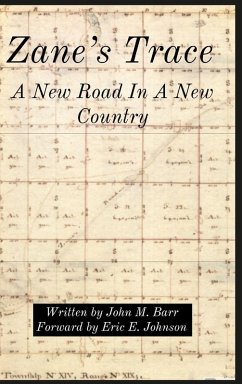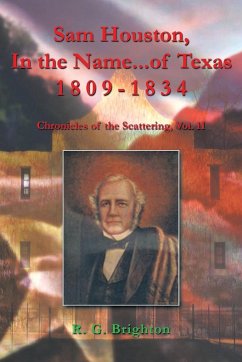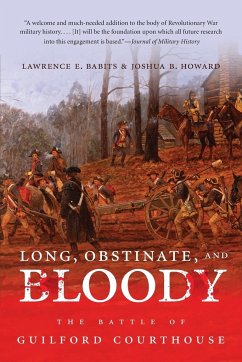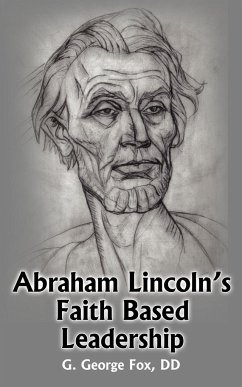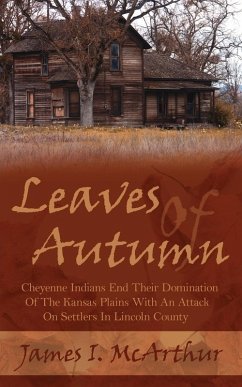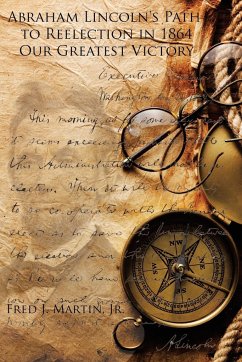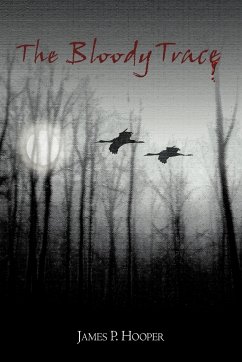
The Bloody Trace
Versandkostenfrei!
Versandfertig in 1-2 Wochen
16,99 €
inkl. MwSt.

PAYBACK Punkte
8 °P sammeln!
The Natchez Trace, known also along its length as "The Bloody Trace," meandered through Mississippi from the northeast to the southwest of the state, through the very heart of the Choctaw Nation. It was in heavy use by travelers from the North and South alike, as they converged on Noxubee County, Mississippi. It was the site of the signing of a new treaty. The Treaty of Dancing Rabbit Creek was signed on September 27, 1830, and ratified by Congress on February 25, 1831. The removal of the Choctaw began on October 1831 and was completed by December 20, 1833. The treaty became the format and gui...
The Natchez Trace, known also along its length as "The Bloody Trace," meandered through Mississippi from the northeast to the southwest of the state, through the very heart of the Choctaw Nation. It was in heavy use by travelers from the North and South alike, as they converged on Noxubee County, Mississippi. It was the site of the signing of a new treaty. The Treaty of Dancing Rabbit Creek was signed on September 27, 1830, and ratified by Congress on February 25, 1831. The removal of the Choctaw began on October 1831 and was completed by December 20, 1833. The treaty became the format and guide for the removal of other minority groups throughout American history. It also became the harbinger of grief and suffering for many of those it touched. In the summer of 1830 the run-of-the-mill United States cavalry soldier could not be considered an average citizen by any stretch of the imagination. For a man to enlist in those days, his luck had run plumb out. The army recruiters, by offering room and board and ten dollars per month, often times had to scrape the bottom of the barrel. What they obtained were indeed scrapings. The army''s mandatory Personal History Statement, which every recruit had to complete and sign, required very little background information. Very little was ever given. The few conveniences were that the army issued warm clothing to the recruit, he rode to work and could draw retired pay, if he lived that long.




